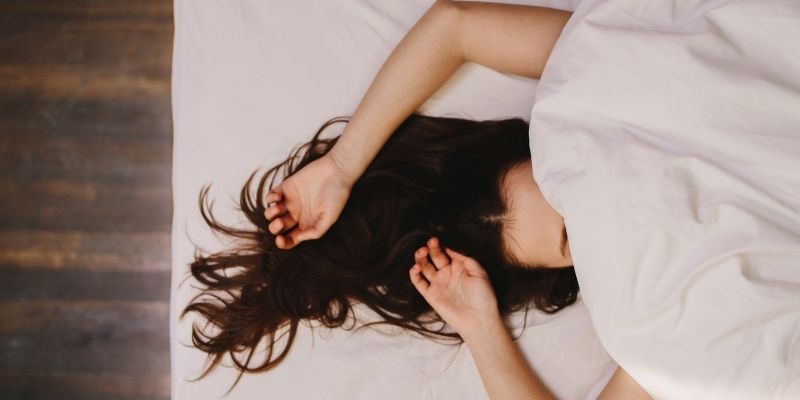Something we do every night, at least try to! Sleep is a vital part of staying healthy and feeling energized throughout the day. Don’t get enough sleep, and it will catch up with you. Here are some tips from the professionals at ASMP to help you get the best night sleep possible.
- Everyone knows sleeping less than 6 hours is bad for your body, and so is sleeping more than 10 hours. But that 4 hour range in-between is a little bit of unchartered territory. Some recent studies have indicated sleeping between 7 and 8 hours is ideal. That is for the average healthy adult, and will vary from person to person. The important lesson is to create a schedule and stick to it. By keeping your biological clock steady you will rest better!
- This one may seem obvious, but absolutely no coffee or nicotine before bed. People who smoke and drink coffee before bed will toss and turn more (leading to a later bedtime) and will not rest as well during their sleep. Smoking can surprisingly be worse than caffeine as it exacerbates sleep apnea and other breathing problems, which can wake you during the night.

- Convert your problems and concerns into an action plan, a memo, a to-do list; and you will sleep better. Turning off your mind when it is time for bed is something everyone has difficulty with. The problems at the office, the bank loan you have to pay off next month, or the fact that you have to get an oil change this weekend, can all keep you up at night. Write down a list of what has to be done and when it will be done before bed, and rest assured at night it will be completed the next day.
- Your bedroom is the most important room in the house. Setting it up just right can lead to a great night of sleep. Temperature, noises and smells can all affect how long you sleep and how well you sleep. Your thermostat should be set around 70 degrees, making your room feel chilly but once you are under the covers you feel just right. Lavender, chamomile and other scents can help lead to relaxation and help you sleep more soundly. Finally a small bit of background noise is great to associate with sleeping and allow your body to avoid small noises if you live in an old or creaky house.
- Working out during the day, improves the quality and length of your sleep. After working out your body will have a slightly raised temperature, which will not allow you to sleep. Once it begins falling, your brain will release melatonin and you will begin to get drowsy. Perfect if you enjoy late afternoon or early evening workouts. If you work-out in the morning, not to worry, a vigorous workout at any time of the day will help you sleep more soundly at night!
- Sleeping posture and constant irritation pain of sore muscles, joints and bones can affect your sleep negatively. Sleeping in the wrong position or without a pillow or with too many pillows can all affect your sleep. Certain sleeping positions can also hinder your body’s ability to recover from injury, workouts, or long term problems. Consulting with a physiotherapist or sports medicine doctor is a good idea if you wake up sore every morning. By correcting your sleeping posture you can enable your body to rest better and maximize its healing potential.
Try out a few of these useful tips above for a better night’s sleep! If you have any questions or need to speak to a physiotherapist for a nagging injury, don’t hesitate, take advantage of our FREE phone consult with a physiotherapist to discuss your issues. Call now 905-503-2767!

